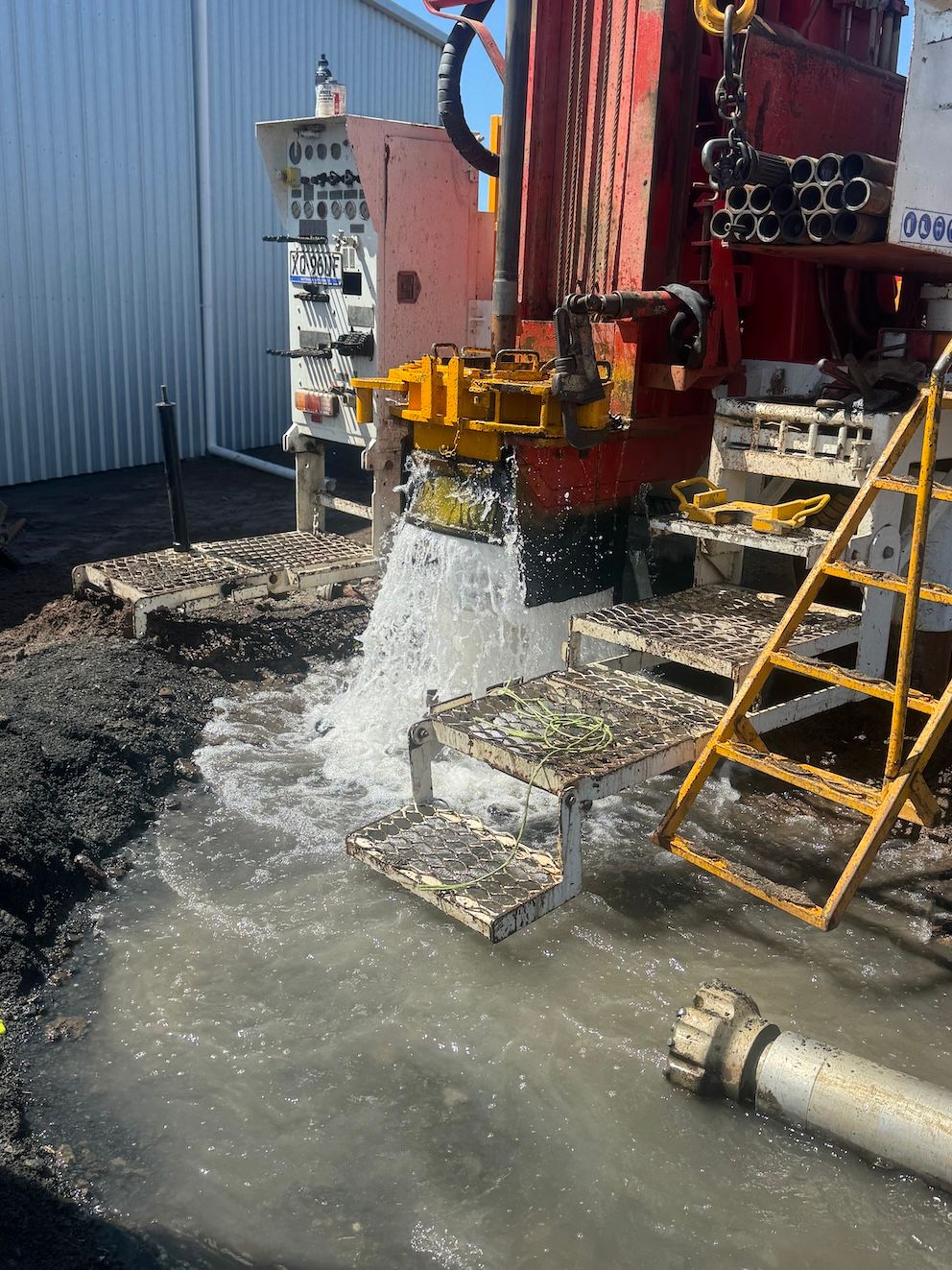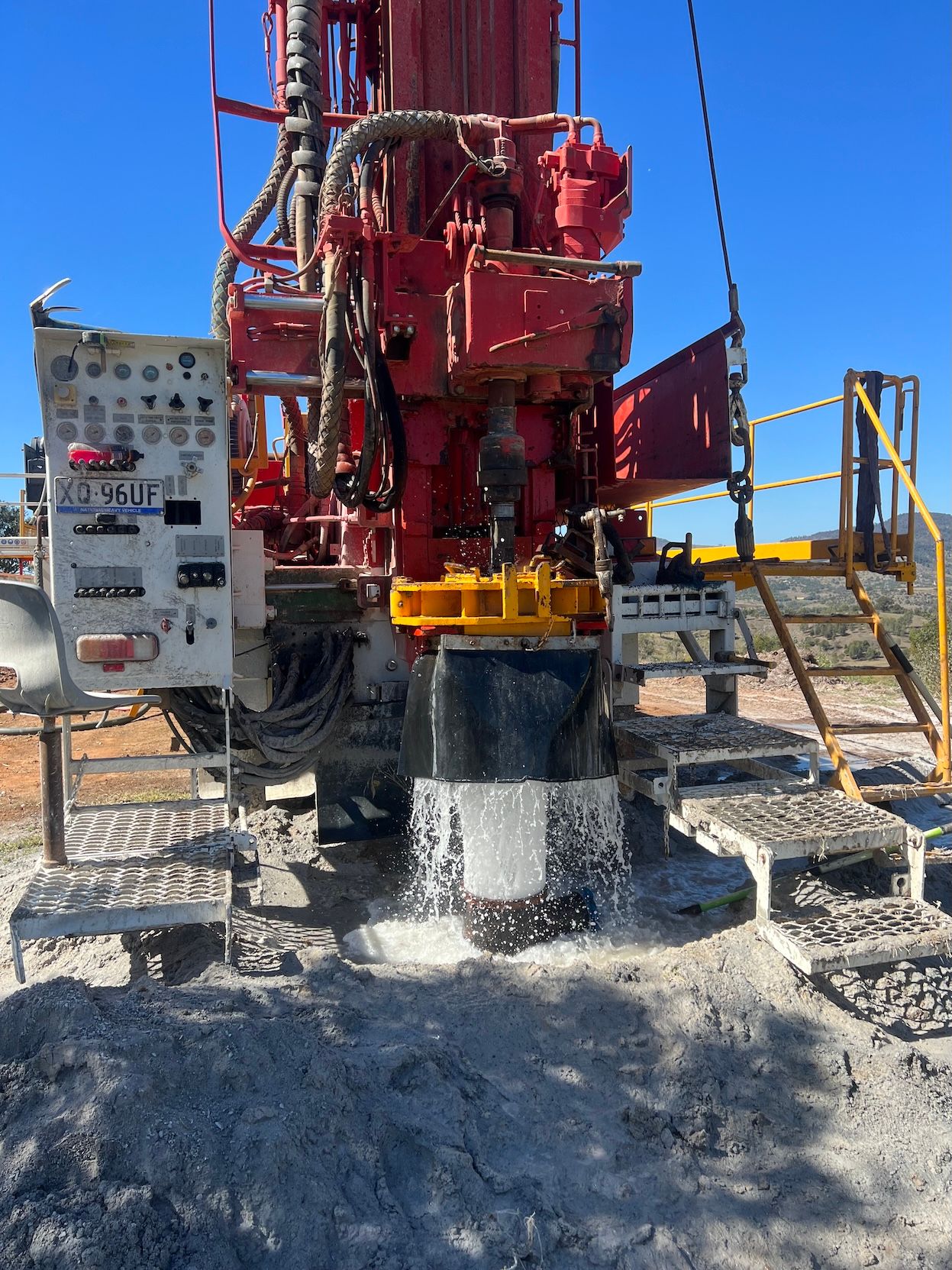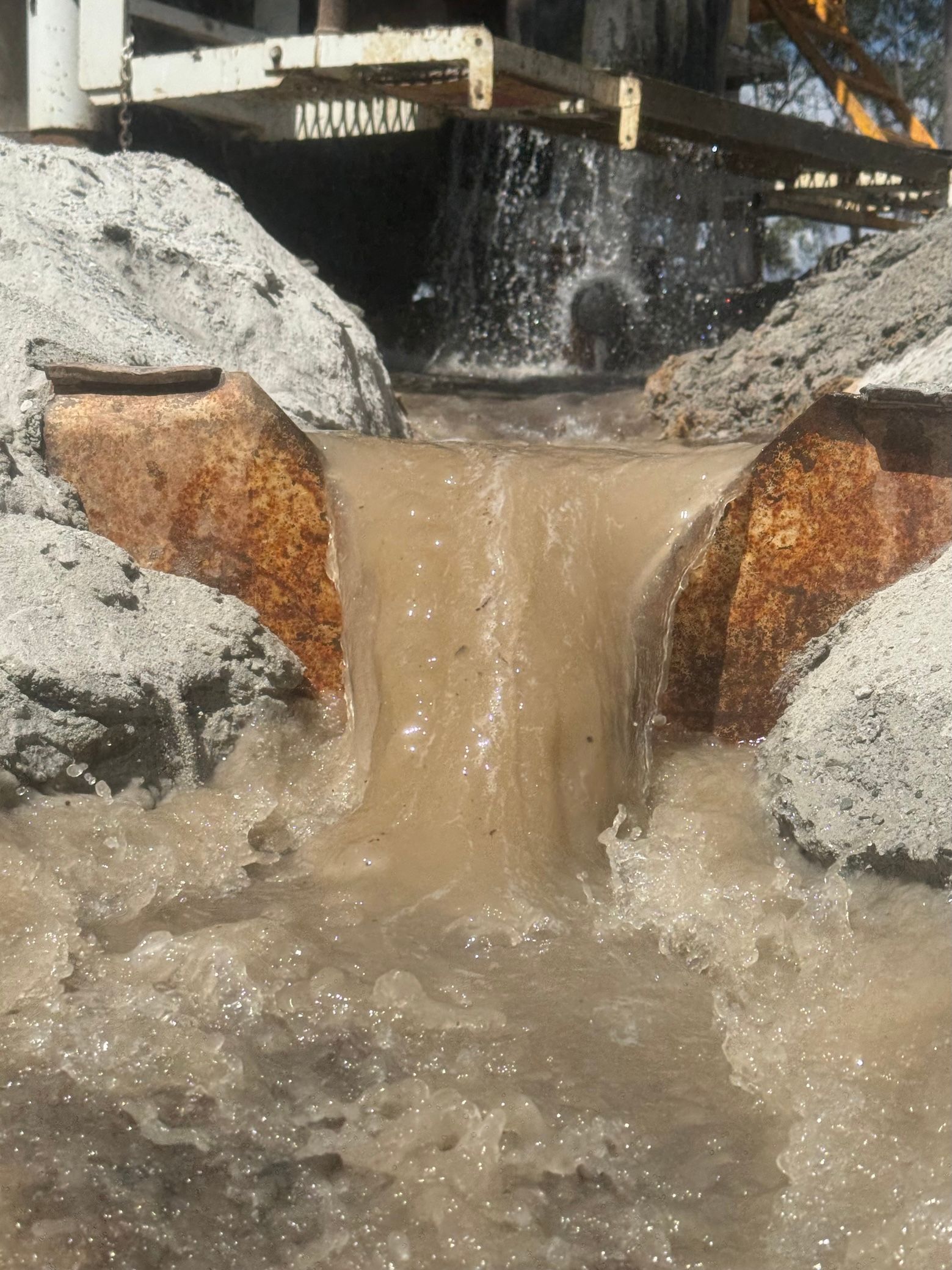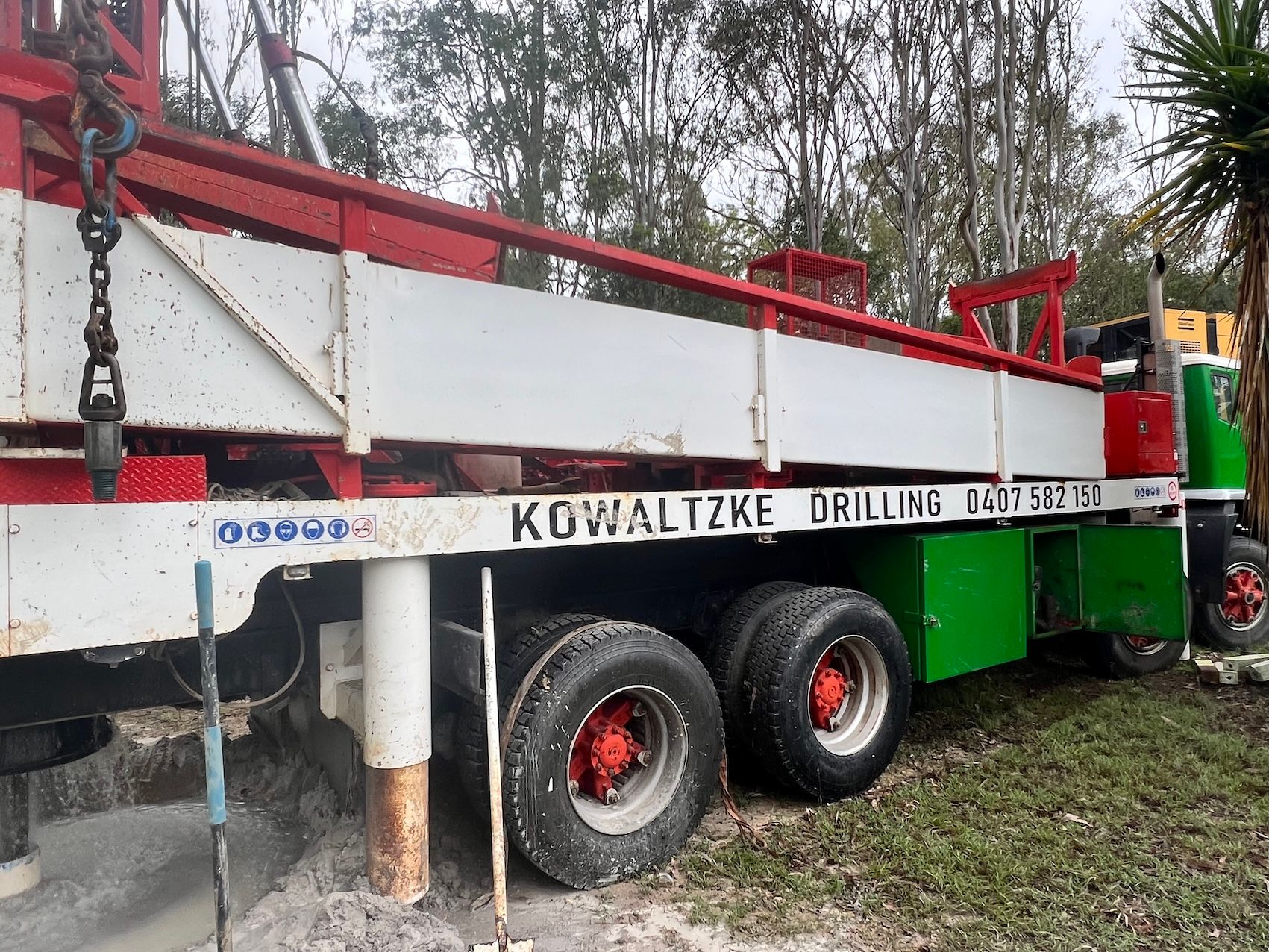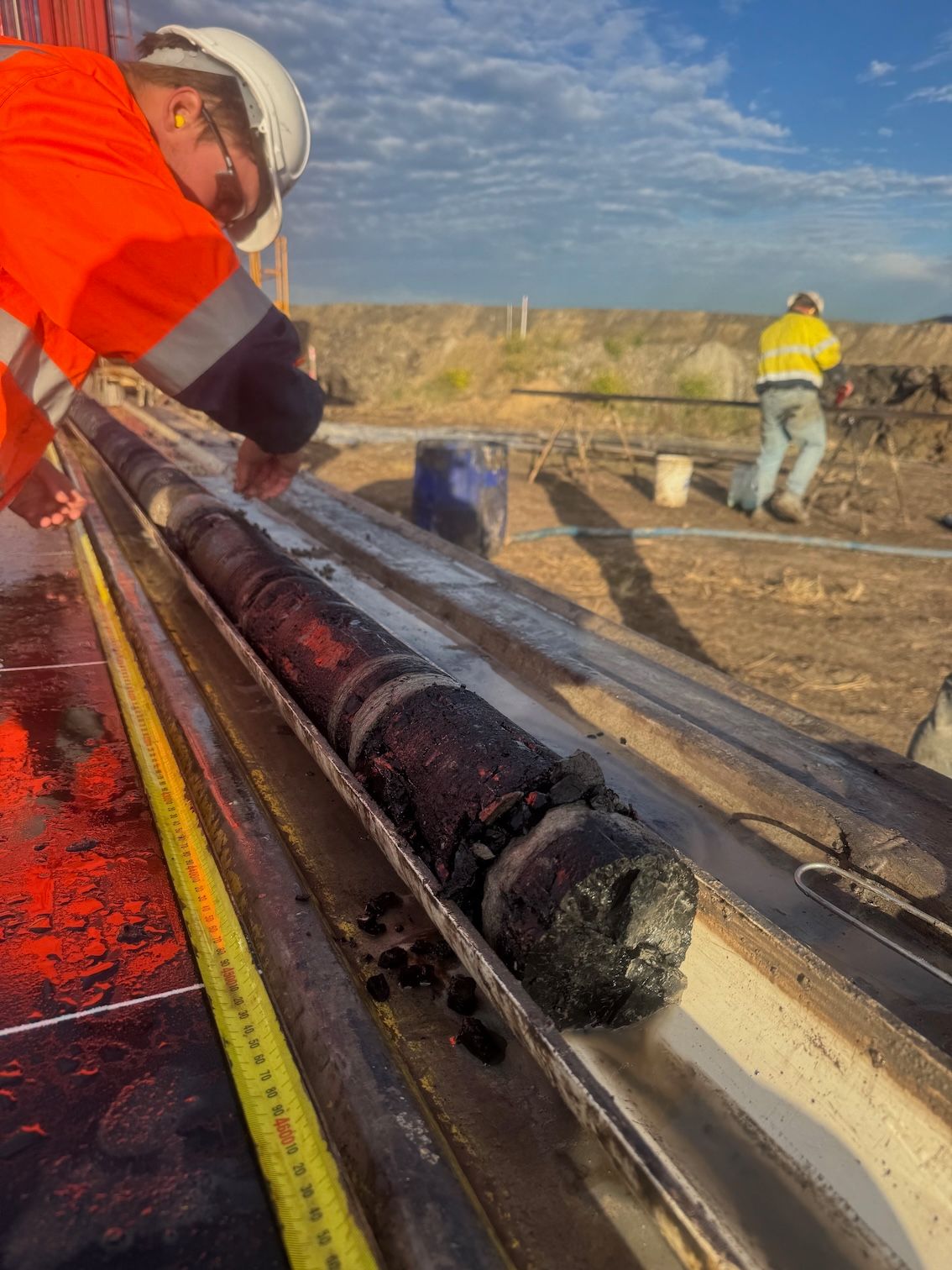Water Bore Drilling in Plainland
- Water bore set up & servicing
- Precision drilling to maximise water yield
- Ideal for stock watering, irrigation & rural households
Plainland Water Bore Drilling
Kowaltzke Drilling Services brings over 50 years of trusted expertise in water bore drilling to Plainland and the wider Lockyer Valley region. As a second-generation, family-owned business, we understand the unique terrain and drilling requirements of this area, delivering practical solutions tailored to rural properties, agricultural land, construction sites and council projects.
Our team specialises in potable water bores, irrigation bores, exploration drilling, hard rock drilling and test holes. We’re fully insured, safety-focused and equipped with the right tools for efficient, clean and accurate drilling in a wide range of subsurface conditions.
Plainland’s combination of alluvial flats and harder formations means you need a crew that knows how to get the job done properly the first time. Whether you’re a farmer chasing more reliable water for your crops or a project manager needing geological data, we offer honest advice and dependable service.
With a long-standing reputation across the region, Kowaltzke Drilling Services is the go-to choice for precision, compliance and results. For drilling in Plainland that you can count on, give our team a call on
07 5462 1161.
Drilling Services We Offer in Plainland
- Potable Water Bores
- Hard Rock Drilling
- Environmental Monitoring Bores
- Exploration Drilling
- Irrigation Bore Drilling
- Test Holes & Bore Logging
Water Bore Drilling in Plainland
Water bore drilling in Plainland is ideal for rural homes, farms and acreage blocks that need a steady water source. We specialise in potable bores for uses like stock watering, irrigation and general property supply. Our experienced team ensures efficient, site-specific drilling with a deep understanding of Plainland’s terrain.
Irrigation Bore Drilling in Plainland
With agriculture playing a key role in Plainland, irrigation bore drilling is a practical solution for local farmers and growers. We drill into alluvial zones to create bores suited to pumping large volumes for crop irrigation, ensuring long-term performance through accurate siting, proper casing and expert drilling techniques.
Hard Rock Drilling in Plainland
The Plainland region includes areas of resistant rock and variable subsurface conditions. Our hard rock drilling service is equipped to manage these challenges with precision. Using specialised drilling equipment, we deliver clean, stable boreholes that are ideal for long-term use across agricultural, residential and commercial applications.
Exploration Drilling in Plainland
Exploration drilling in Plainland supports mineral investigations, soil sampling and project feasibility studies. We assist contractors and project managers with fast mobilisation and accurate sample recovery. Whether it’s for mining, civil works or preliminary research, our team works efficiently with minimal disruption to the surrounding site.
Frequently Asked Questions
What is the difference between rotary and percussion drilling?
Rotary drilling uses a rotating drill bit to cut through soil and rock, ideal for deeper boreholes and geological formations. Percussion drilling, also known as cable tool drilling, uses a hammering action to break rock. Rotary is faster, while percussion suits harder ground or areas with limited access.
Is drilling affected by weather conditions?
Yes, weather can impact drilling operations. Heavy rain may cause access issues or affect soil stability, while high winds can pose safety risks for machinery. Extremely dry conditions can lead to dust and overheating. Most drilling projects are planned with seasonal conditions and site-specific factors in mind.
Do I need approval before starting drilling on my property in Plainland?
In most Australian states, approvals or permits are required before starting drilling, especially for water bores or geological exploration. Requirements vary by location and purpose. It's important to check with local councils or relevant water authorities to ensure the correct permits and regulations are in place.
